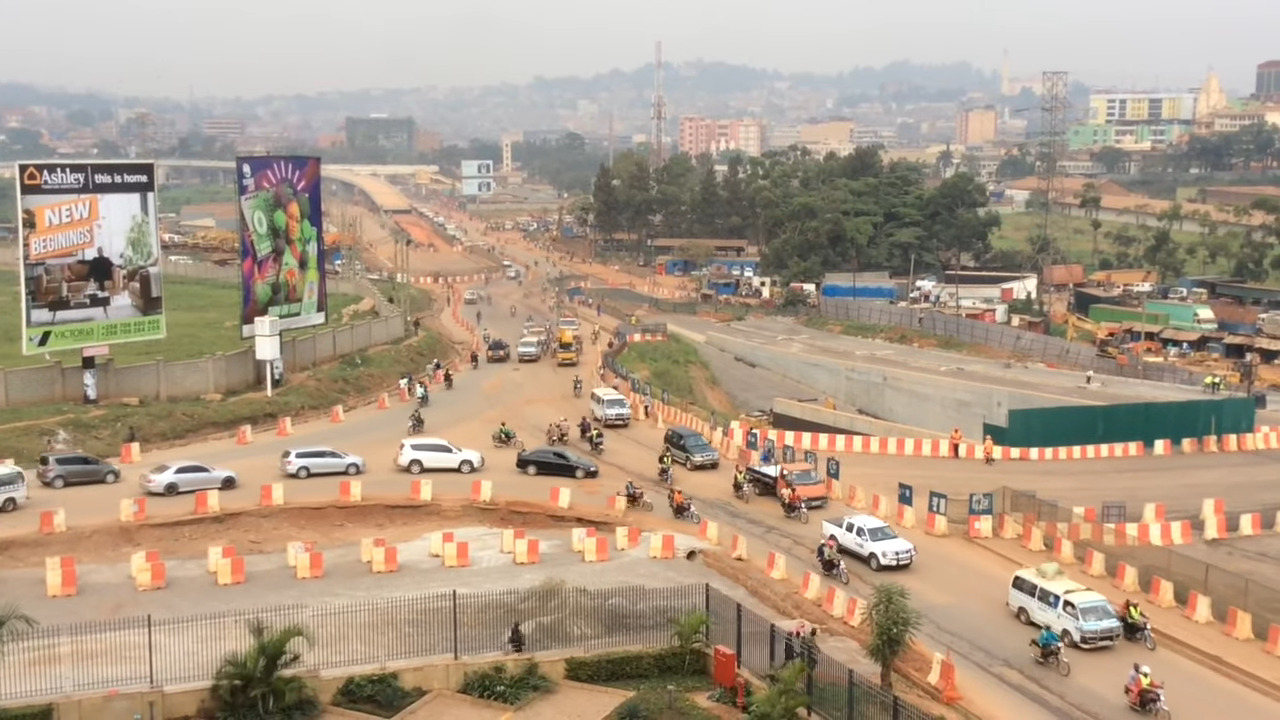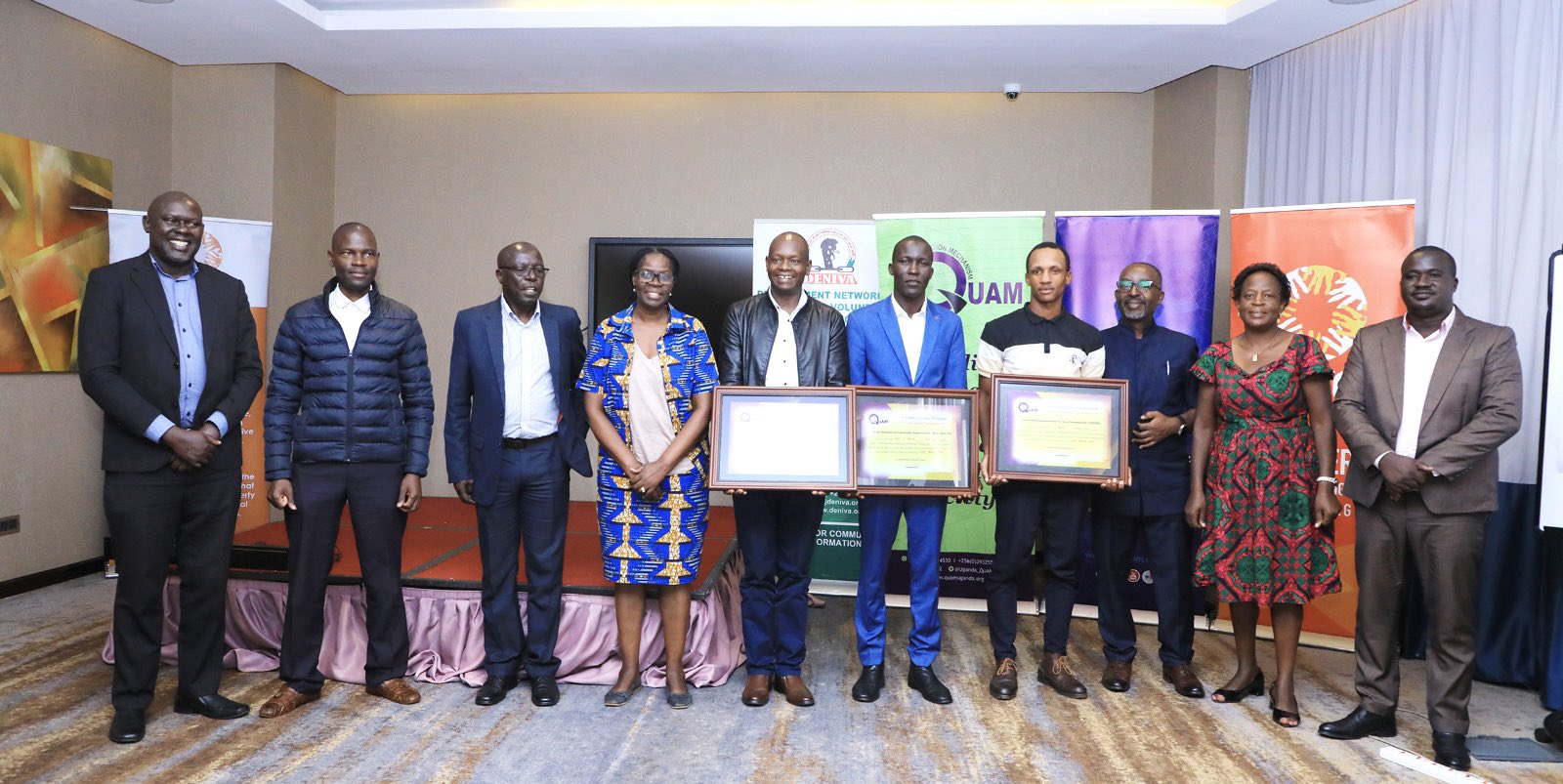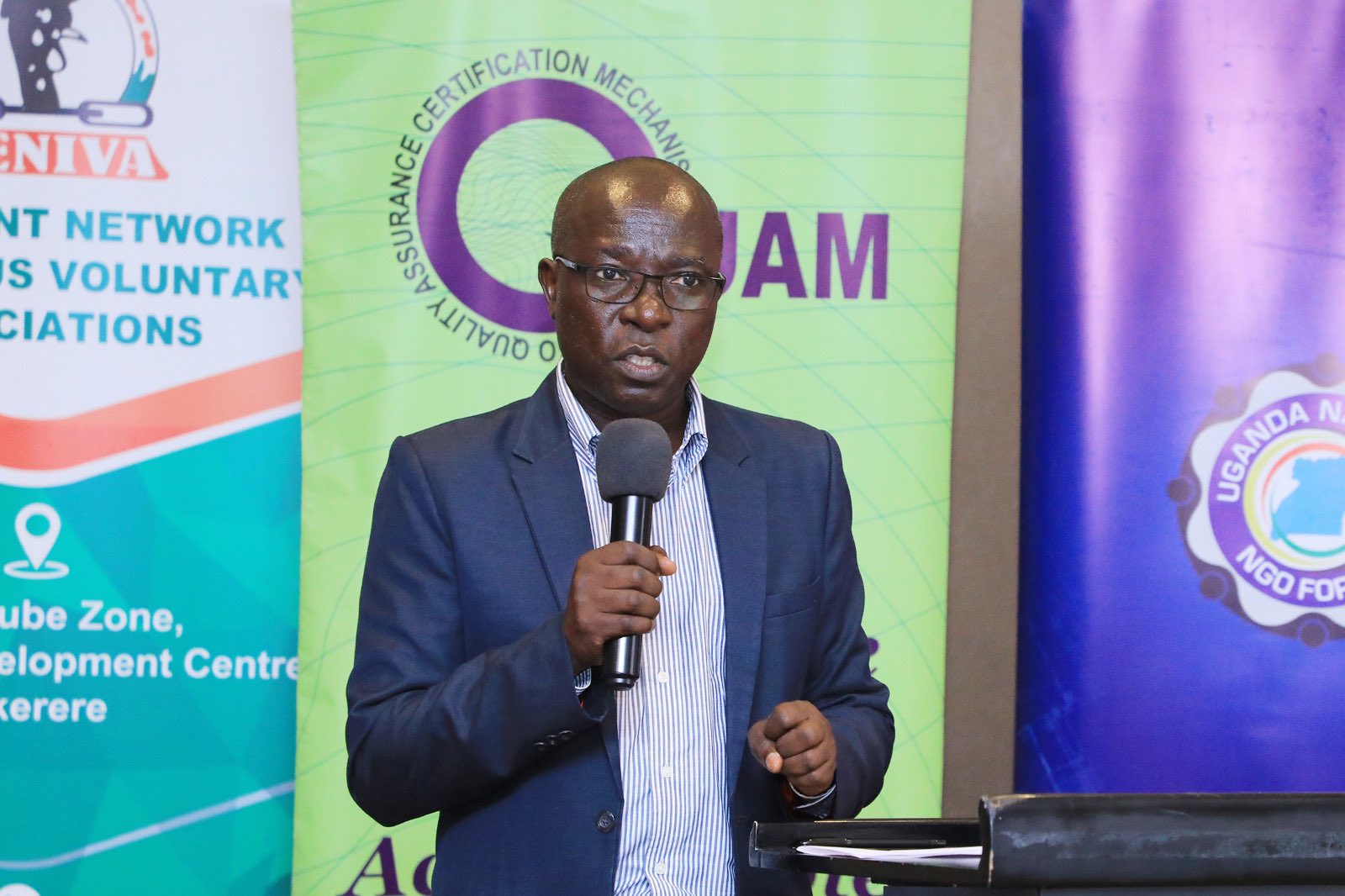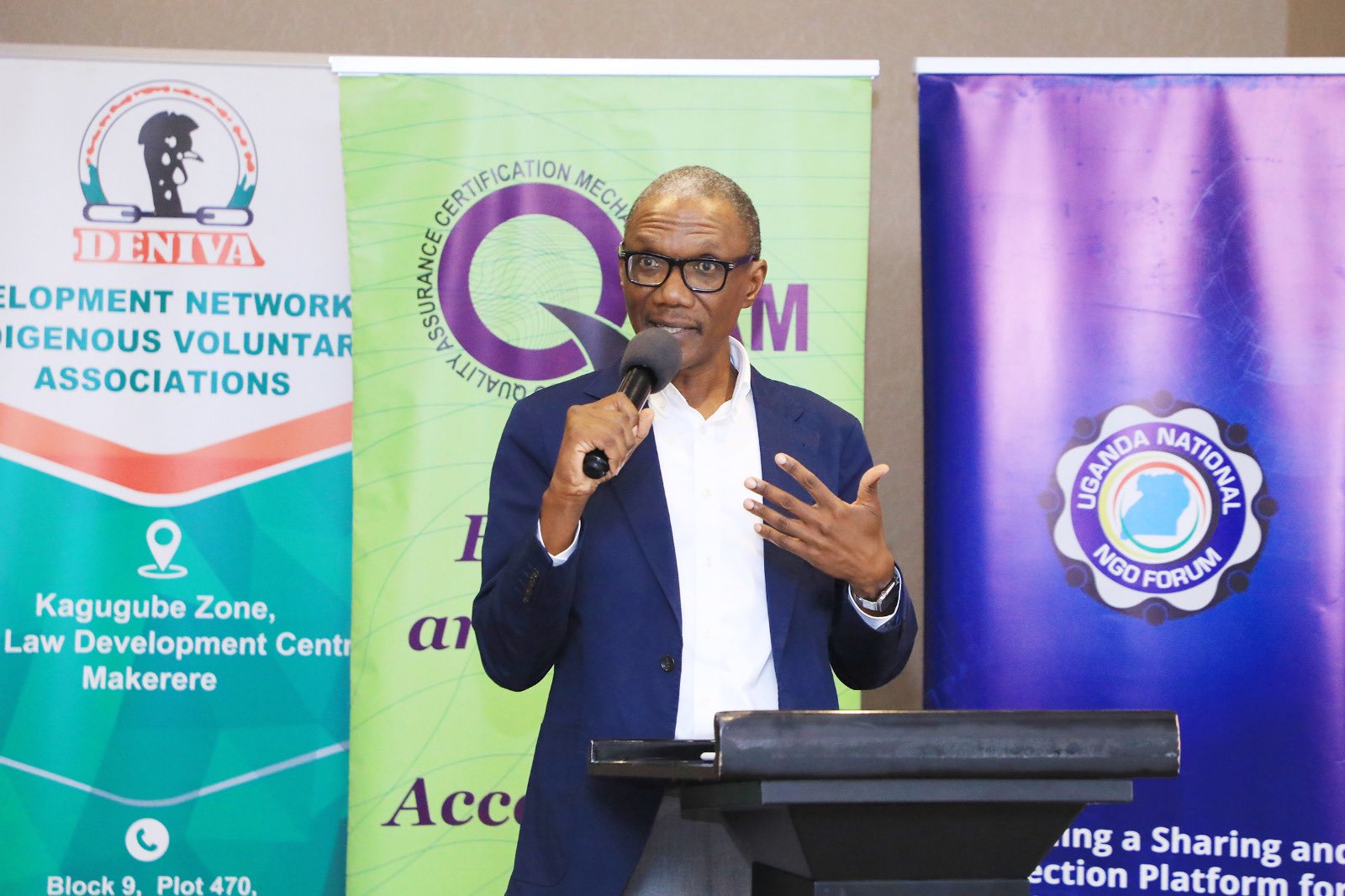
National CSOs Convene to Contribute to Uganda’s Fourth National Development Plan
On March 4, 2024, the Uganda National NGO Forum (UNNGOF), in a meaningful step towards inclusive development, collaborated with the National Planning Authority (NPA) to convene a National CSO Stakeholders’ Meeting. This significant gathering united representatives from diverse civil society organizations (CSOs) nationwide to pinpoint and deliberate on how to effectively shape the National Development Plan IV (NDPIV) development process. The NPA hosted this session to brief CSOs on the findings of the NDPIII Mid-Term Review and to outline the strategic direction and roadmap for NDPIV.
CSO representatives examined the successes and shortcomings of the previous national development plans. One of the key discussions centered around the need for a more inclusive approach to ensure that the upcoming plan reflects the diverse needs of Uganda’s population, particularly the underrepresented and marginalized communities. Inclusivity in the national development process is a vital principle to ensure that all segments of society are actively involved in shaping a country’s future. As such, a cross section of CSOs participated in the meeting working on different thematic areas which include Agriculture, Nutrition, Education, Health, Natural Resources, Environment, Climate change and Disaster Management, Water & Sanitation, Youth, Gender, Governance and Accountability, Private Sector Development, Regional Balanced Development, Land and Housing, and Development Plan Implementation.
Participants actively discussed the significant role that CSOs play in policy formulation, emphasizing their unique position to bridge the gap between policymakers and the grassroots communities they serve. The meeting highlighted the potential for CSOs to contribute valuable on-the-ground insights that can enhance the relevance and effectiveness of the NDP IV.
Key takeaways from the meeting included the following:
- Government needs to institute mechanisms to improve public financial management.
- Being a youth heavy country, a lot of investment in agriculture needs to be considers to absorb the youthful workforce since other sectors like industry, artisan mineral, oil and gas are not yet developed.
- Government needs to sequence its development agenda in the EAC region. For instance, the DRC just joined the EAC and Uganda needs to identify opportunities to take advantage of such a population.
- Strategic planning should go through aligning human resources production. Uganda’s population growth is higher than the GDP growth. The quality of labour being export determines the amount of forex Uganda receives. Most Uganda’s travel abroad to for cheap labour related jobs. There is need to concentrate on investing in Human Capital Development.
- For the subsequent NDPs to meet set targets, the whole of Government operations needs to gradually transform to programme mode of operations.
- Programme Working Groups need to coordinate effectively and work in a partnership framework to avoid wastage of resources, duplication and poor performance.
- While Government intends to exercise rationalisation within institutions to address wastage, the NDPIV needs to be properly anchored on this process to deal with ambiguities in spending.
- The NDP implementation have consistently taken 5 years and coincides with electoral period with a big message to address. For instance, the NDPIII heavy emphasizes the implementation of the Parish Development Model. Five years are too short to reap and critical achievements to be celebrated. Government needs to revise the NDP implementation period to 7 years to report achievements.
- The Energy sector has attracted a lot of funding under the NDPIII implementation amidst structural and systemic challenges like over centralization of work. For instance, District Local Governments don’t have energy officers. Government needs to recruit District/Regional Energy Officers to effectively plan for energy sector needs and to revamp the sector. The NDPIV is likely to coincide with the inflow of oil revenues. Government needs to plan on how to address the challenge of funds leakages and the effective utilization of these revenues.
- During the NDPIV formulation, some mitigation measures need to be considered to address macro-economic shocks against any vagaries having had the COVID-19 experience.
- The NDPIV have should have clear measures on climate change adaptation and resilience and these should be fully funded to cope with the increasing changing climate.
- The NPA needs to devise means of tracking CSO contribution towards the achievement of NDPIV objectives. This is because everything that CSOs do, have a bearing on the NDP.
- Through the Balanced scorecard approach, Government needs to prepare stakeholders to monitor the implementation of the NDPIV.
The meeting concluded with a resolution to establish CSO thematic groups to develop proposals for inclusion in the NDP IV. These thematic groups would be charged with the ongoing task of gathering and presenting civil society views, concerns, and recommendations. The National CSO Stakeholders’ Meeting was a significant step toward fostering a more participatory and transparent planning process. As the NDP IV takes shape, the hope is that this plan will not only reflect the aspirations of Uganda’s citizens but also chart a course for sustainable and equitable progress.



